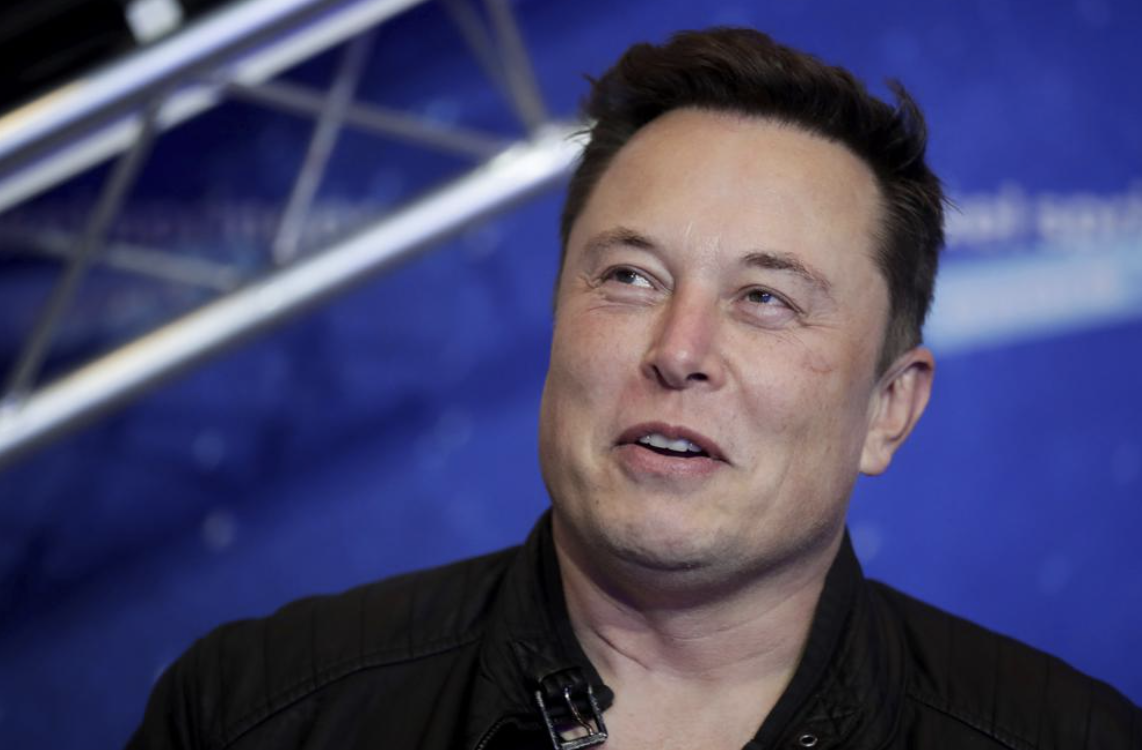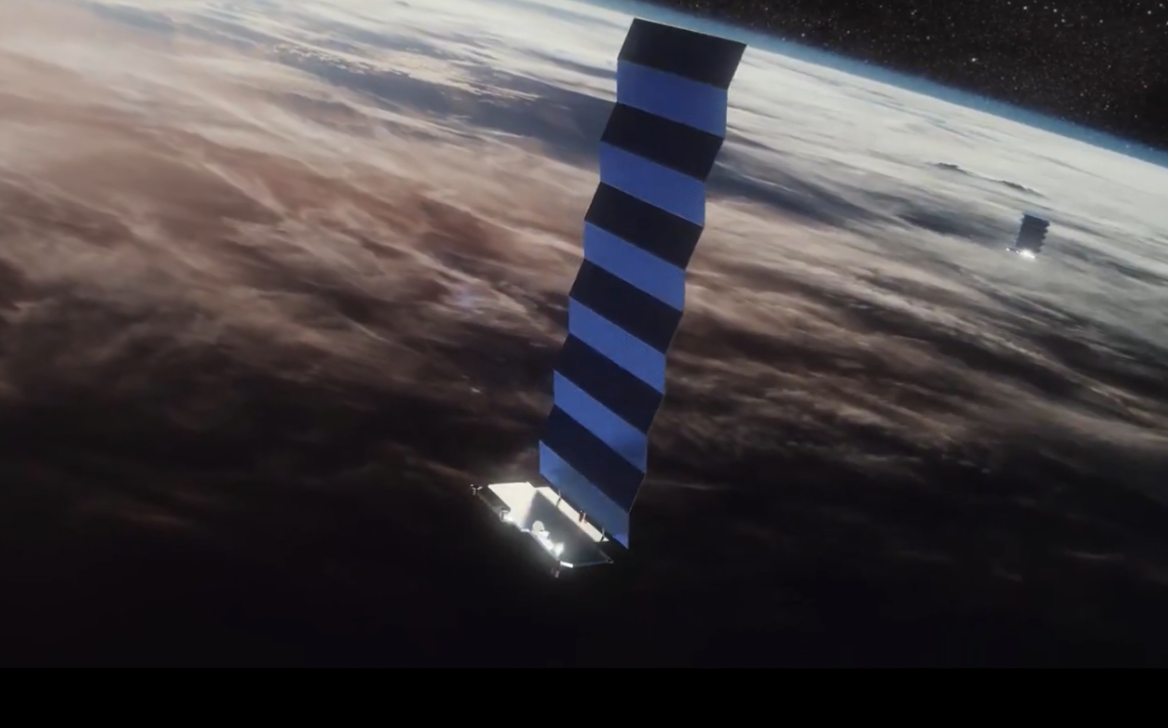Despite Twitter Controversy, Elon Musk’s SpaceX Will Continue to Fund Crucial Ukrainian Internet Service
Elon Musk, billionaire and CEO of SpaceX, pictured here at Axel Springer Media Award in Berlin in 2020. Photo: Hannibal Hanschke | Associated Press
Elon Musk, multi-billionaire CEO of Tesla and SpaceX, tweeted Saturday that he plans to continue funding SpaceX’s internet service, Starlink, “for free” for the Ukrainian government.
This comes as an abrupt reversal from his Friday announcement that SpaceX can no longer “indefinitely” fund the service for Ukraine. Earlier this month, Musk also tweeted a proposed peace plan calling for Ukraine to cede Crimea to Russia and let the people decide who should rule them.
These events put Musk in a controversial geopolitical role.
Shortly after Russia’s initial invasion of Ukraine in February, Ukraine’s deputy prime minister Mykhailo Fedorov asked for Musk’s help acquiring Starlink satellite terminals to protect Ukrainian internet connection from Russian interference.
Starlink gets its internet service from space satellites, making it far more difficult to cut off or interfere with than regular internet services. Musk shipped Starlink equipment to Ukraine two days after this request.
Ukraine now uses 20,000 Starlink terminals which SpaceX, three unnamed Western governments, and other Ukrainian allies fund. The Ukrainian army uses 4,000 of these terminals to request artillery support, reinforcements and communicate with loved ones back home. Musk waived fees for the terminals. However, in April, claimed he would not support Ukrainian efforts to block Russian media, citing his stance as a “free speech absolutist” on Twitter.
Musk’s Friday announcement came after CNN revealed that SpaceX had sent a letter to the Pentagon asking the Department of Defense to cover funding for the company’s services going forward.
Musk explained the service has cost SpaceX $80 million so far and will cost an additional $20 million per month. He did not request a “recoup of past expenses” but claimed further funding to be “unreasonable.”
After the Ukrainians began their counteroffensive into Russian territory, Musk tweeted that Starlink was “for peaceful use only.” He then tweeted a controversial ‘proposed peace’ that infuriated Ukrainian officials.
Photo of one of SpaceX’s Starlink satellites. Photo: SpaceX
The peace plan suggested Ukraine concede to Russia’s 2014 annexation of Crimea and allow Ukrainian civilians to decide if they wanted to be controlled by Russia or Ukraine in Russian-occupied territories.
The peace plan stirred great controversy, prompting Ukrainian president Volodymyr Zelenskyy to tweet a poll asking if people preferred an ‘Elon Musk who supports Ukraine, or one who supports Russia?’ Ukrainian ambassador to Germany Andrij Melnyk tweeted, “F*** off is my very diplomatic reply to you.”
Musk responded to tweets about the future of Starlink in reference to Melnyk’s tweet, saying “We’re just following his recommendation.”
The Kremlin applauded Musk for his proposal.
After receiving backlash for his Friday announcement, Musk doubled back on Saturday and tweeted, “The hell with it … even though Starlink is losing money & and other companies are getting billions of taxpayer $, we’ll just keep funding Ukraine govt for free.”
Elon Musk holds an interesting position in geopolitics due to his wealth and access to resources, which empower him to aid Ukraine like an ally or international organization would.
However, he is a businessman with little to no formal experience in international affairs, nor any specific loyalties or binding agreements to Ukraine.
Ukraine knows they must remain friendly with him whether they like his views on the war or not, as they currently depend on his funding and technology to protect their internet and lines of communication from Russian interference.
There is still uncertainty on whether or not Musk will follow through with his promise. Ukrainian diplomat Oksana Markarova said Sunday to CBS’ “Face the Nation” about Starlink’s service, “It’s there, it’s working. It will need to be working for a longer time.”
If Musk does change his mind again, the Pentagon may consider solutions to continue funding Ukraine’s crucial internet service.


